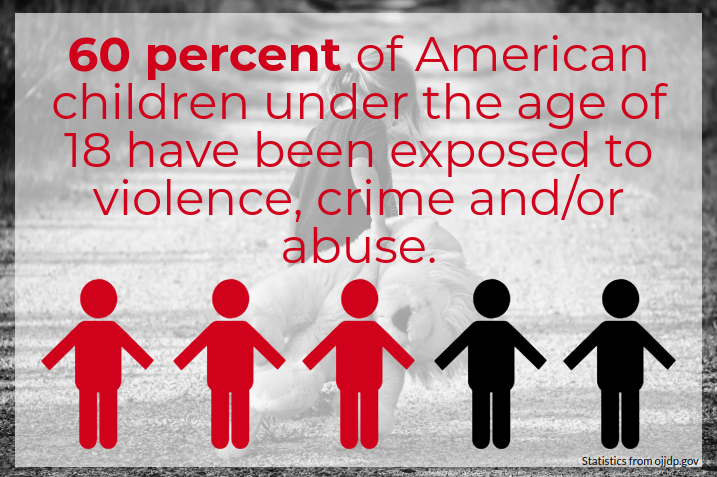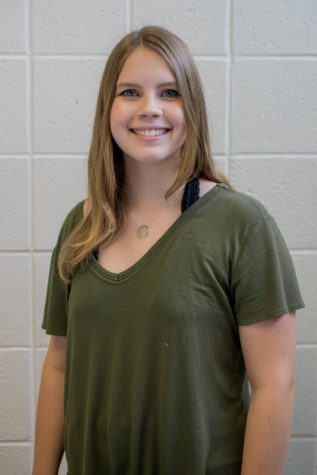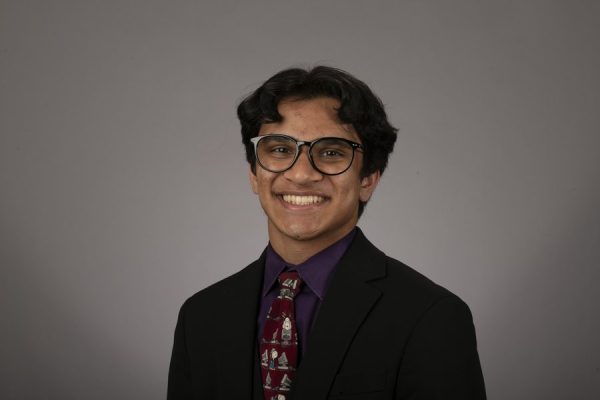Hogan brings Handle with Care program to Maryland schools
October 23, 2018
Red and blue lights flash outside a house as a young girl studies in her bedroom. Downstairs, after reading the Miranda rights, officers make an arrest, and a child witnesses her parents being taken away. One of the officers asks her questions about her age and school to file a report and send a Handle with Care notice to her school. The next day, her teachers keep a close eye on her in class, making sure she’s okay.
Handle with Care is a program created in West Virginia in 2009 that helps students facing trauma at home by notifying school administrators to check up on them, without disclosing specific details. Most cases revolve around issues of child abuse or domestic abuse. Often the child has witnessed an arrest, called the police, or interacted with child protective services.
This year, Governor Larry Hogan expanded Handle with Care pilot programs to Anne Arundel, Baltimore, Carroll, Frederick and Harford Counties. As of May 1, the program already exists in Cecil and Washington Counties, but Hogan is attempting to make the program statewide.
“No child should ever have to experience trauma, but when they do, we must be there to aid in their recovery process,” Hogan said in an August press release. “This partnership between our schools, law enforcement, mental health providers and community partners will help ensure that our youth in need are provided with a safe, nurturing environment.”
A 2009 study by the Office of Juvenile Justice & Delinquency Prevention found that 60 percent of American children under the age of 18 have been exposed to violence, crime and/or abuse. Many saw this study as a wakeup call, and the program began soon after.
Art teacher Robert Burgess supports the program because he thinks it would be beneficial for teachers to have an idea of a student’s potential emotional state after the student has experienced trauma.
“A lot of teachers don’t know what’s going on with their students,” senior Joseph Johnson said. “It’s nice that teachers finally have a way of understanding what’s going on at home. A lot of teachers aren’t really as understanding as they should be.”
Some students have concerns about privacy. Freshman Alex Ibrahim and sophomore Trini Cubillos said they wouldn’t want their personal life to be shared with their school and teachers, despite the program’s safeguard to only supply the name of the student and the words “handle with care.”
Principal Robert Dodd thinks the program could strengthen the relationship between police and educators.
“I would want to continue to make sure that as educators, and as counselors, Whitman is an open place where parents and kids can always communicate about what they are feeling,” Dodd said. “So we can fulfill whatever role we can have in helping them.”







